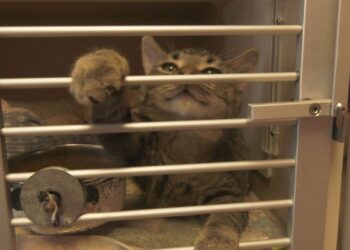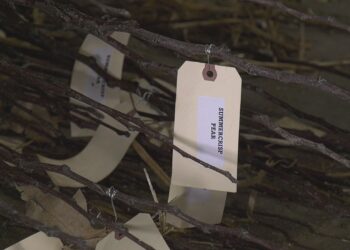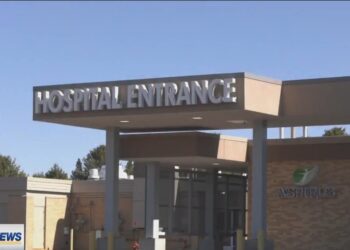LANSING, Mich. (WZMQ) – Upper Peninsula lawmakers are weighing in on the partial approval of a $50 million dollar grant for the Copperwood Mine project.
The appropriations from Michigan’s SOAR fund were approved by the House committee on Wednesday. Despite criticism from environmental advocates, lawmakers are standing up for the project. The Representatives and Senator for the U.P. said they are confident the surrounding land will remain protected while the mine spurs much-needed economic and population growth in the area.
The Copperwood Mine project is an underground copper mine in Gogebic County that is expected to create 380 jobs paying around 80k a year, 300 temporary construction jobs, and processing nearly 7,000 metric tonnes per day over 10 years.
Environmental groups are expressing concerns that only a slim percentage of that will be actual copper, saying the leftover materials will be left to pollute the land and threaten the nearby waterways, including Lake Superior. Volunteers with Save the Wild U.P. said the mine will also disrupt the nearby nature trails, campgrounds, and dark sky areas in the Porcupine Mountains.
On Wednesday, the House Appropriations Committee voted, 17 to 9, to approve a $50 million grant to help with site readiness and public infrastructure like roads and water, power, or gas lines.
“Areas that have been long neglected by the state of Michigan, we are investing in those communities and it can benefit everyone. The mine itself, the opportunity there for the jobs, the growth of that industry, from processing and doing that in the Upper Peninsula eventually as well are huge opportunities that could last for decades for us.”
Senator Ed McBroom (R-Waucedah Township)
While testifying in favor of the grant, Invest U.P.’s CEO Marty Fittante explained that 80% of the residents in the Ontonagon area have moved away in the past 50 years. The community recently took another hit, as emergency services in the area were discontinued.
“Its present economic structure does not work. If you don’t have a hospital, you don’t have a community.” Fittante said. “I’m not a subject matter expert, but I would submit those people who are passionate about this debate and care are not subject matter experts either. You know who is? our regulators and the administrators that you trust to make the decision.”
Fittante explained that Michigan’s Department of Environment, Great Lakes, and Energy approved the project permits. He referenced The Natural Resources and Environmental Protection Act (Act 451 of 1994 – part 632) Which was amended in 2006 under Governor Jennifer Granholm. Fittante said Granholm referred to those updates as the most stringent mining standards in the world.
“At that time, environmental stakeholders were part of the workgroup that worked to pass part 6 32, and they said at that time, if you can meet those permitting standards, you should be able to do business in the state of michigan.”
Marty Fittante, Invest U.P. CEO
Environmentalists still worry the regulations won’t be enough to protect the land from a potential disaster. Stakeholders have held firm that by following models like Eagle Mine in Marquette, the project will successfully bring hundreds of residents back to the U.P. and spur future projects, all while keeping the land and water in the area intact.
The funding still needs a hearing in Senate Appropriations before it can be finalized, the committee has 60 days to do so, or the process will have to start over in the House.










